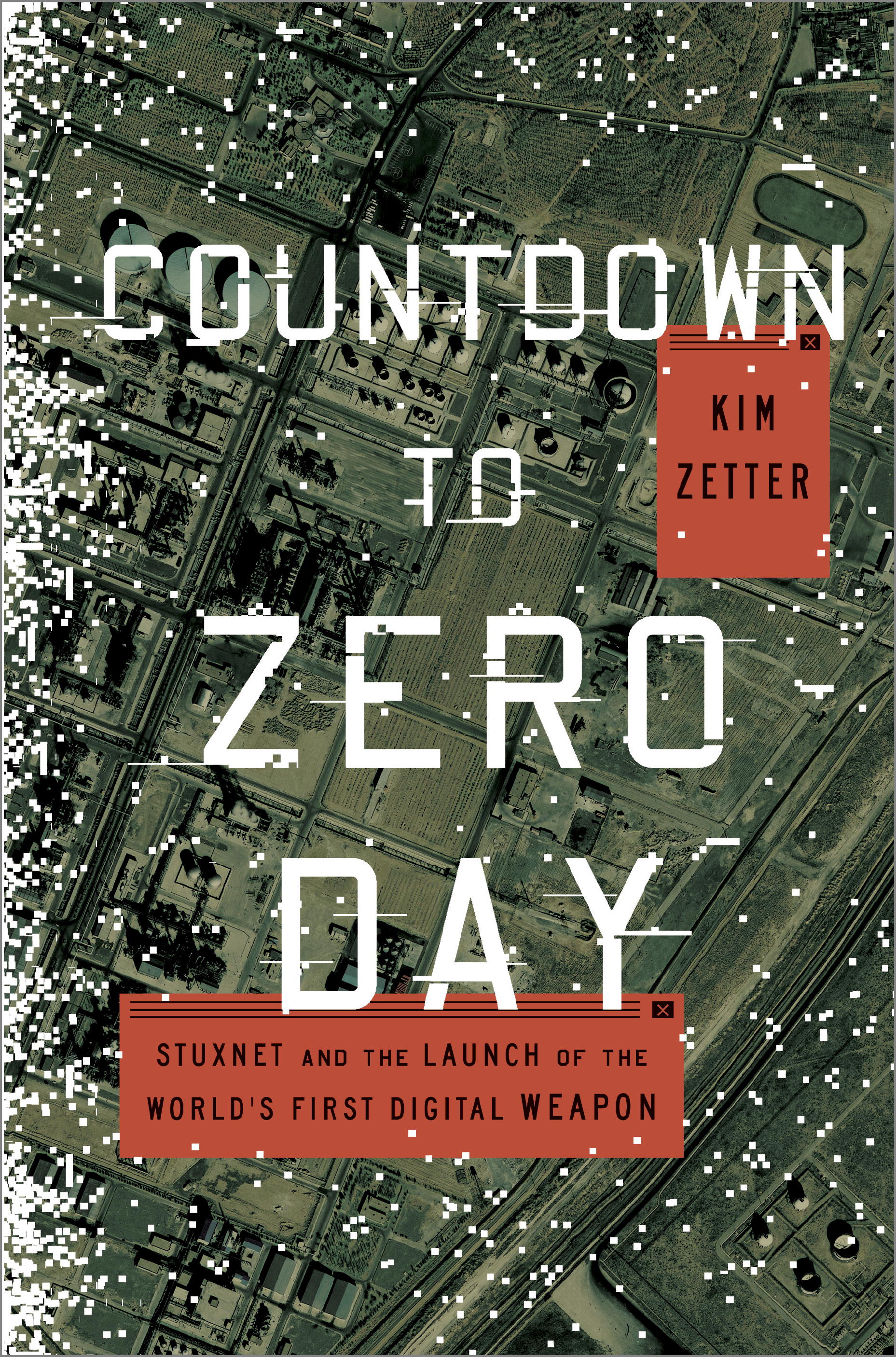Kim Zetter on cyber threats and digital warfare

The Department of National Security opens the series of „Open Lectures” in the current academic year. Kim Zetter will be our guest speaker. She will give a lecture on: Stuxnet and Beyond: The Age of Digital Warfare. The lecture will take place on 11 October 2017 (Wednesday), in Room 33, Rynek Główny 34, starting at 11 am (11:00).
Kim Zetter is an award-winning investigative journalist and book author who has been covering cybersecurity, national security and the hacking underground since 1999, first for PC World magazine and more recently for WIRED, where she wrote about security, cybercrime, cyberwarfare, surveillance and civil liberties for more than a decade. She has broken numerous stories over the years about NSA surveillance, WikiLeaks, and the hacker underground and has three times been voted one of the top ten security journalists in the country by her journalism peers and security industry professionals. She's considered one of the world's experts on Stuxnet, a virus/worm used to sabotage Iran's nuclear program, and published a highly-acclaimed book on the topic - Countdown to Zero Day: Stuxnet and the Launch of the World's First Digital Weapon.
In June 2010, researchers with an antivirus firm in Belarus discovered malware on computers in Iran that were causing the machines to crash repeatedly. At first they thought it was a routine virus. But as they and other experts around the world delved into it further, they discovered the code was a mysterious worm of unparalleled complexity. They had, they soon learned, stumbled upon the world's first digital weapon. Stuxnet, as it came to be known, was unlike any other virus or worm built before: Rather than simply hijacking targeted computers or stealing information from them, it escaped the digital realm to wreak actual physical destruction on equipment controlled by the computers -- in this case, centrifuges used to enrich uranium for Iran's nuclear program. Kim Zetter will tell the story of Stuxnet's planning, execution and discovery and why the attack was so unique and sophisticated. She'll also discuss the implications and repercussions of the assault and why critical infrastructure around the world is susceptible to the same kind of attack.

